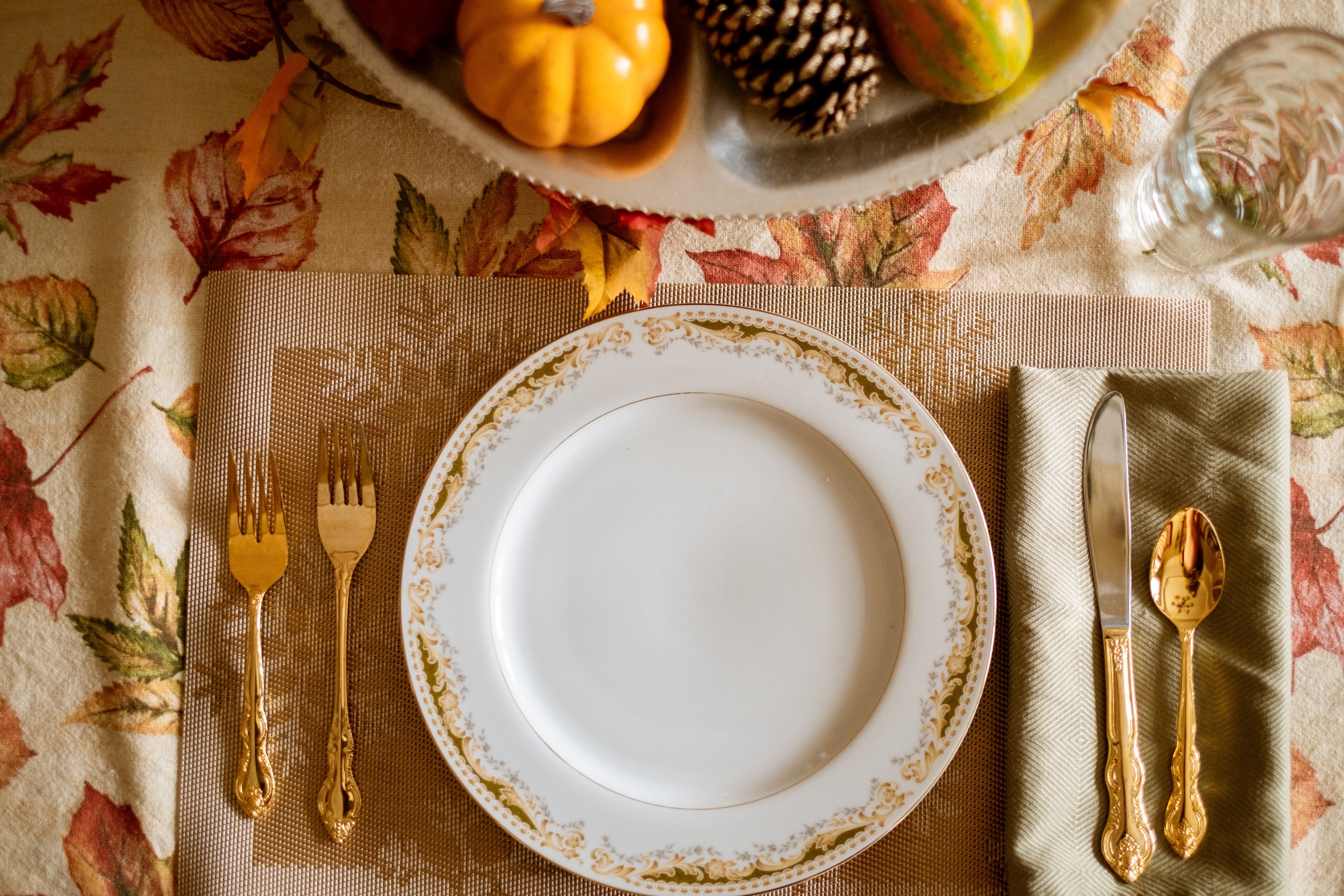Turkey, mashed potatoes and cranberry sauce are some of the most iconic Thanksgiving foods, but for many families and individuals in the Asian-American community, they are not the only dishes on the table during the holiday.
In addition to American foods, traditional Asian foods can also be found in Asian-American Thanksgiving meals. As Korean-Americans, my family and I cannot have Thanksgiving dinner without an array of side dishes including kimchi, oi muchim (spicy cucumber pickles) and japchae (stir-fried glass noodles and vegetables). We also prefer ham and chicken over turkey.
Although Asian-Americans have found many unique ways to make the holiday their own, it can still feel alienating for immigrants who have never been exposed to American traditions and culture. Foods like turkey may feel unfamiliar, and there are no exact rituals to follow. Charley Lanyon, a writer for The South China Morning Post, says that the holiday can emphasize feelings of “otherness” and the challenge of assimilating to a new culture.
Caroline Choe, a writer for Today, reflects on her parents’ and relatives’ experiences as Korean immigrants learning how to celebrate Thanksgiving.
She recalls their mixed reactions to trying turkey for the first time—her cousin described it as “dry and gamey”—and their efforts to create more familiar dishes. These included Korean-inspired foods like kimchi mashed potatoes, and ultimately helped them overcome the cultural differences they faced when celebrating the holiday.
Choe says that the tradition of “togetherness” is what makes Thanksgiving meaningful. She quotes her aunt, who emphasizes that “Americanness” cannot be defined by one standard and American traditions can be adapted to different cultures like her own.
According to Lanyon, the unifying element of Thanksgiving is also its most central tradition: the sharing of food. Food is an integral part of every culture, and the act of preparing and sharing a meal is particularly important in Asian cultures.
For this reason, Thanksgiving is not only a day to come together and eat with loved ones, but also an opportunity to express one’s culture, share it with others, and learn about theirs.
Thanks to the efforts of Asian-American chefs and influencers, innovative Thanksgiving recipes inspired by Asian cultures are becoming popularized. Amber Gibson, a writer for NBC News, highlights some of these recipes: Thai roasted brussels sprouts, Chinese sausage and chestnut rice, Punjabi tandoori chicken, Filipino candied ube, Taiwanese garlic edamame mash, and many more.
Thanksgiving may be a challenging time for Asian-Americans who feel disconnected from American culture. However, understanding that people from all over the world share a love of good food and company can be the first crucial step toward finding common ground.
Visual Credit: Unsplash

Comments are closed.